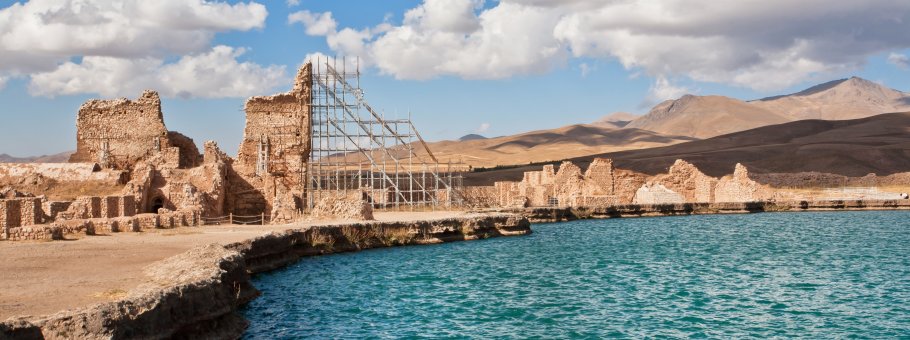-
Islam and Natural Resources Management
Islam and Natural Resources Management
Islam and Natural Resources Management: Innovation Through Partnership and Community Engagement

Project Brief
An Islamic natural resource management framework empowers religious leaders and community change-makers to promote environmental resilience, equitable resource sharing and environmental good governance.
Overview
The environmental crisis in the WANA region is both evidenced and broadly admitted. Key problem include deteriorating water infrastructure and poor governance, with up to 50 percent of water lost due to illegal connections, leakages and other technical losses. Competition for water is a ashpoint for unrest, particularly in areas where resources are unequally distributed and related institutions are weak. At the same time, water pollution, coupled with climate change and land degradation, means that food availability and sustainability is a growing security concern. Water scarcity is only matched by the problem of equal and adequate access to energy resources, which maintains poverty traps and inhibits entrepreneurialism.
Finally, it is impossible to understand the water and energy challenges without referencing the associated pressures created by dominant agricultural practices, inef cient resource use and urban expansion.
Against this backdrop, a key challenge is how to generate conditions and evidence that will shape the policy and programming architecture in constructive ways. A key factor is that programming has focused on national policies rather than the role that communities and local leaders can play in natural resources management. Experience from regions suggests that higher community control over the policies and management of scarce resources results in more effective and sustainable use patterns, and may build con ict resilience. The utility and applicability of such approaches needs to be investigated and piloted. This must to be coupled with identifying and engaging local thought leaders (such as Imams) and change makers (such as youth leaders), to promote changes in attitudes and use patterns.
Activities
- Compilation of knowledge resources on environmental protection and natural resources conservation in the Koran, fiiq, Sunna and other sources of Islamic jurisprudence.
- Specifiic recommendations for how to forge a nexus between Islamic leadership and environmental good governance-natural resources protection, including through advocacy (sermons, fatwa, engagement with government authorities), law and procedural reform and awareness raising.
- Development of a model of Islamic natural resource management.
- An Environmental Good Governance Charter.
- Fatwa on sustainable natural resource management and domestic water use
- 1-day training to Imams on on natural resource management with module (Arabic and English) available for free download and adaptation by civil society groups andtechnical specialists.
